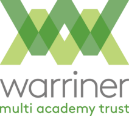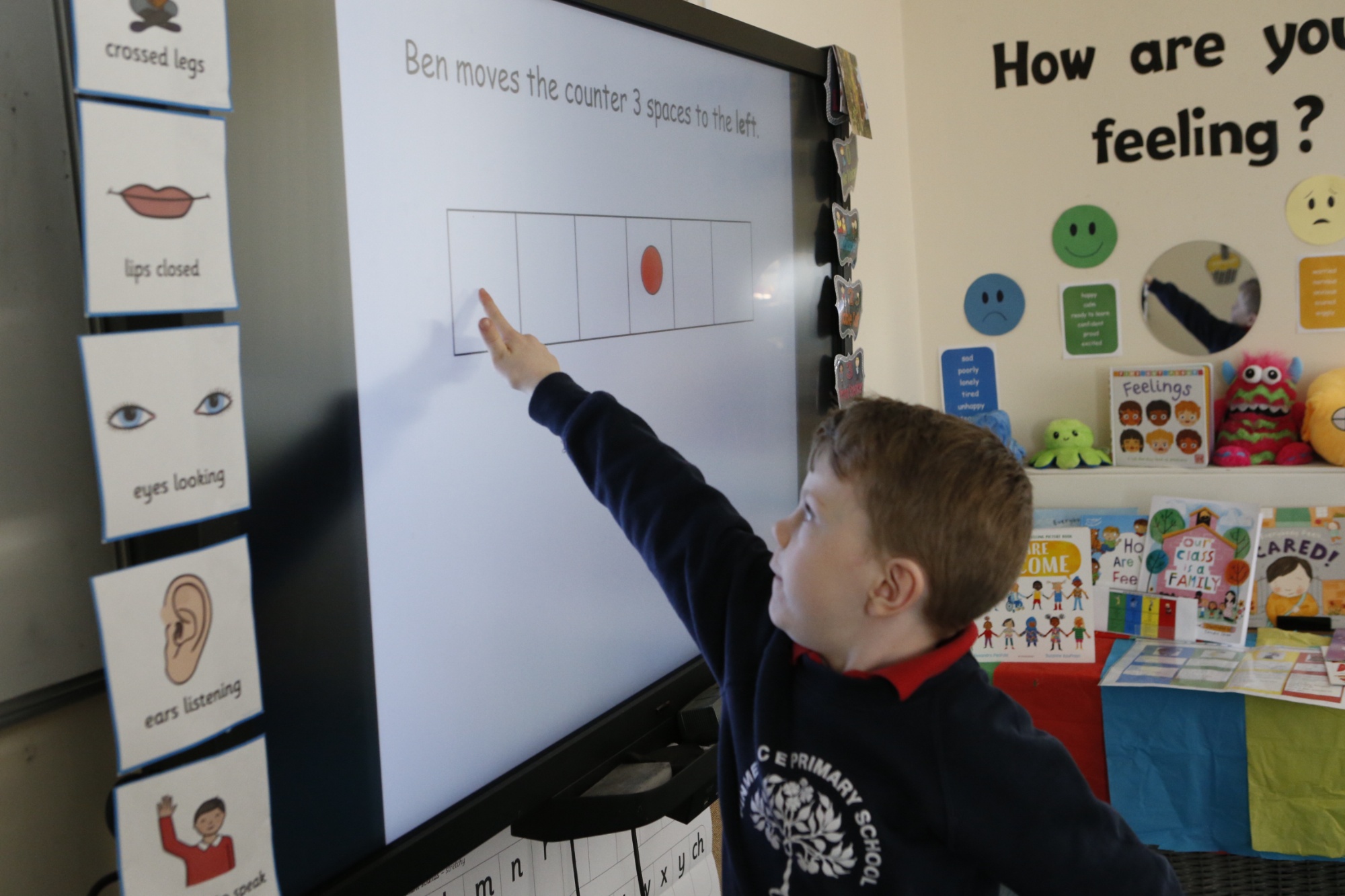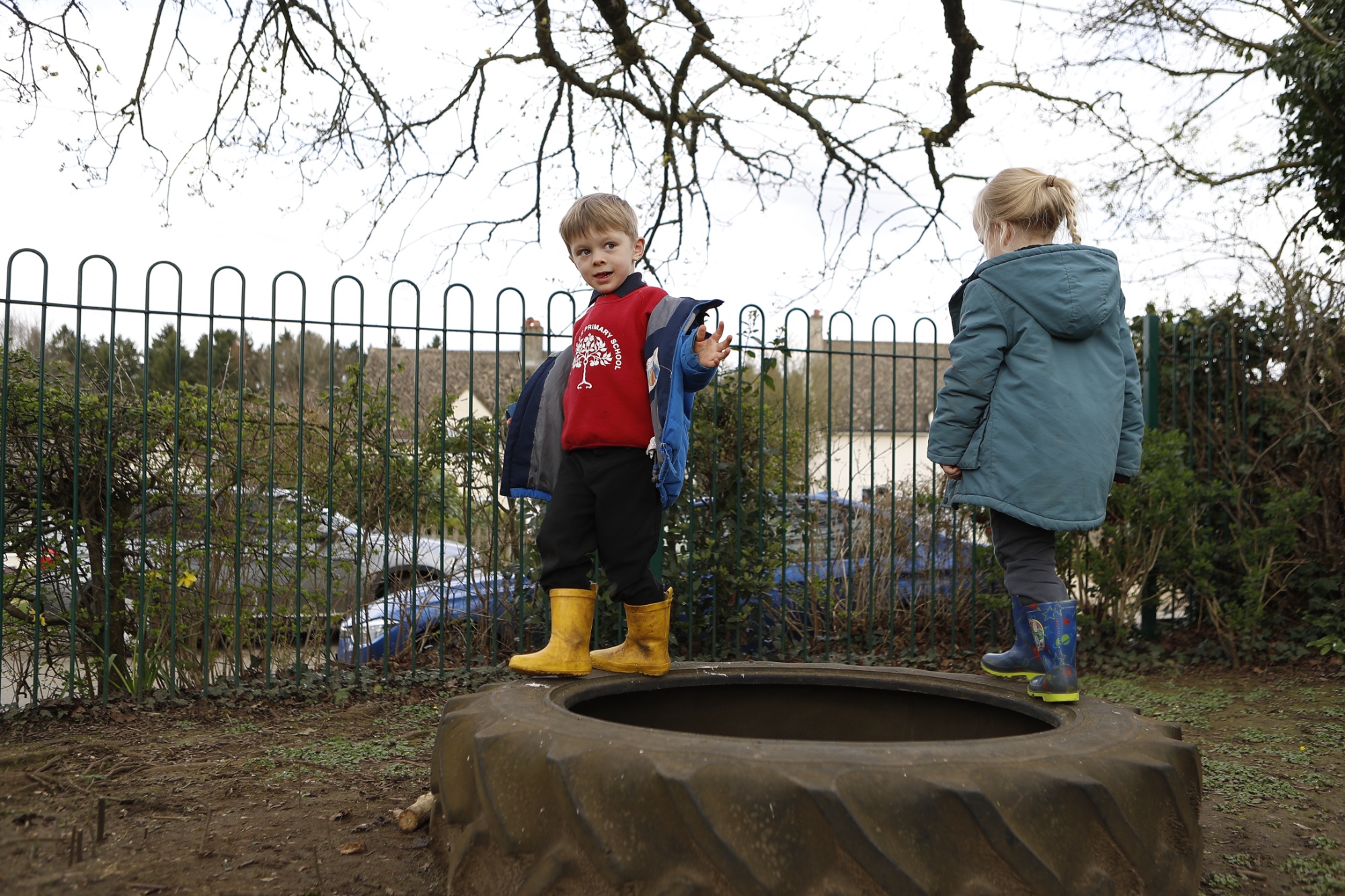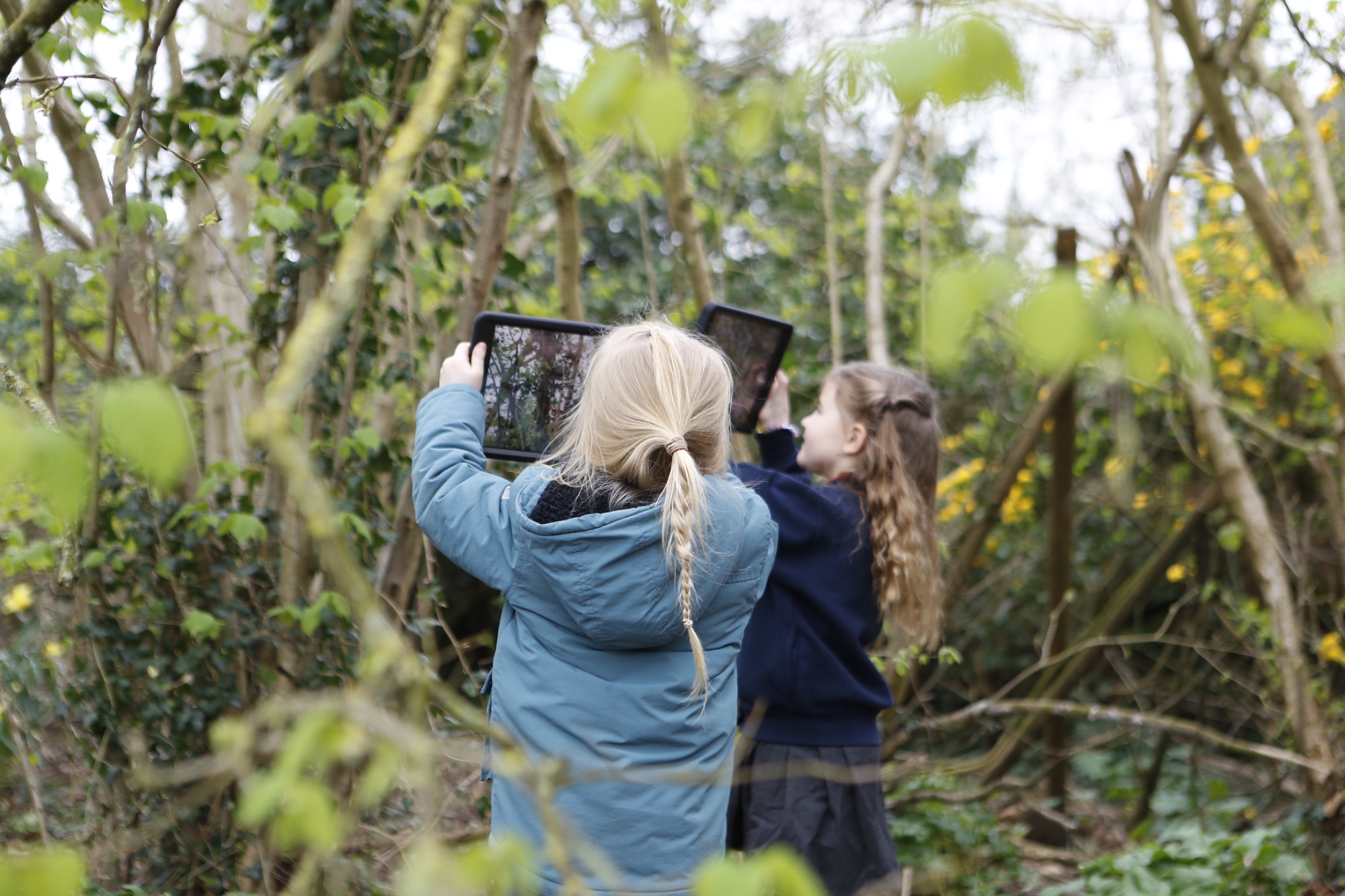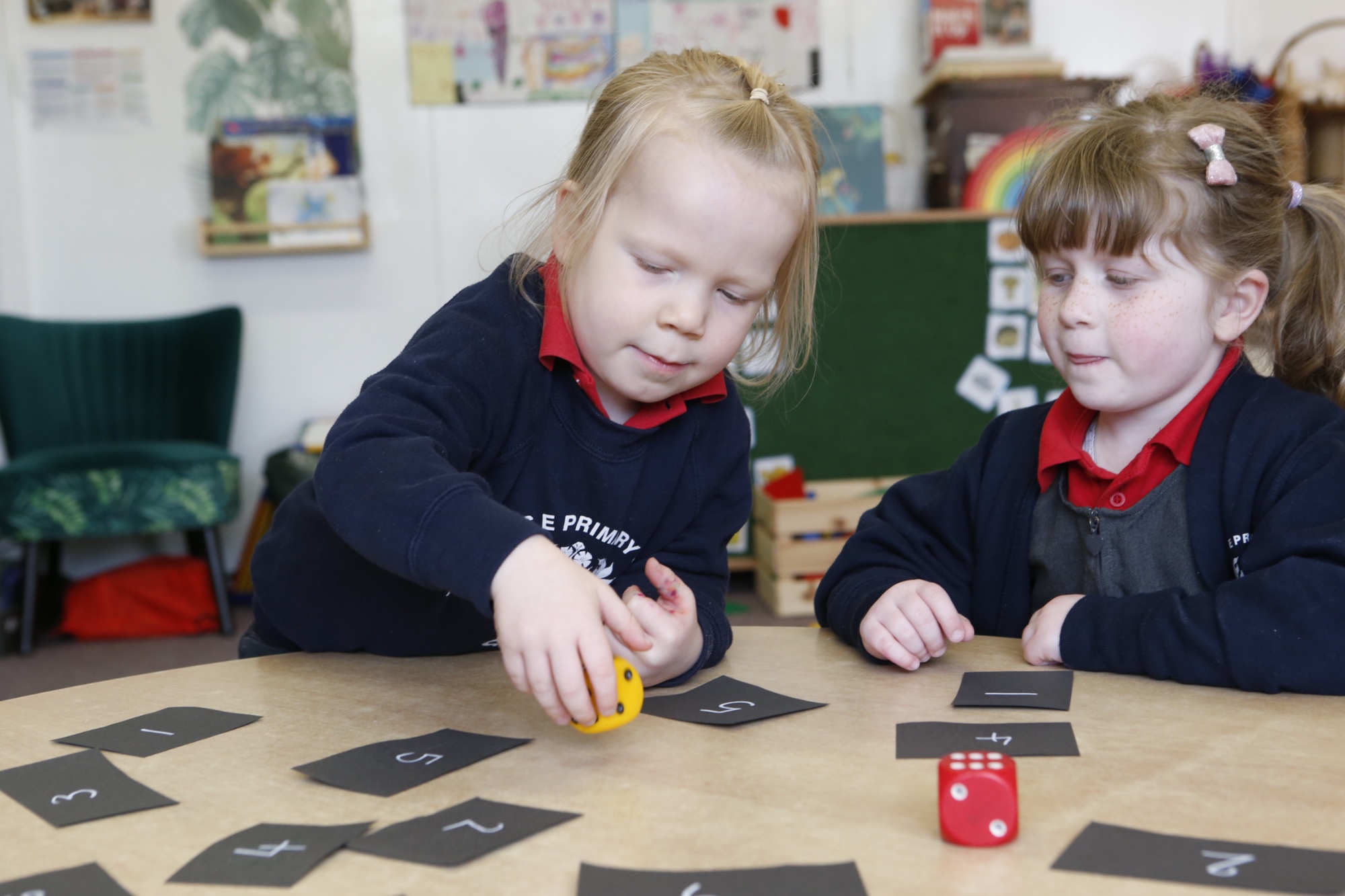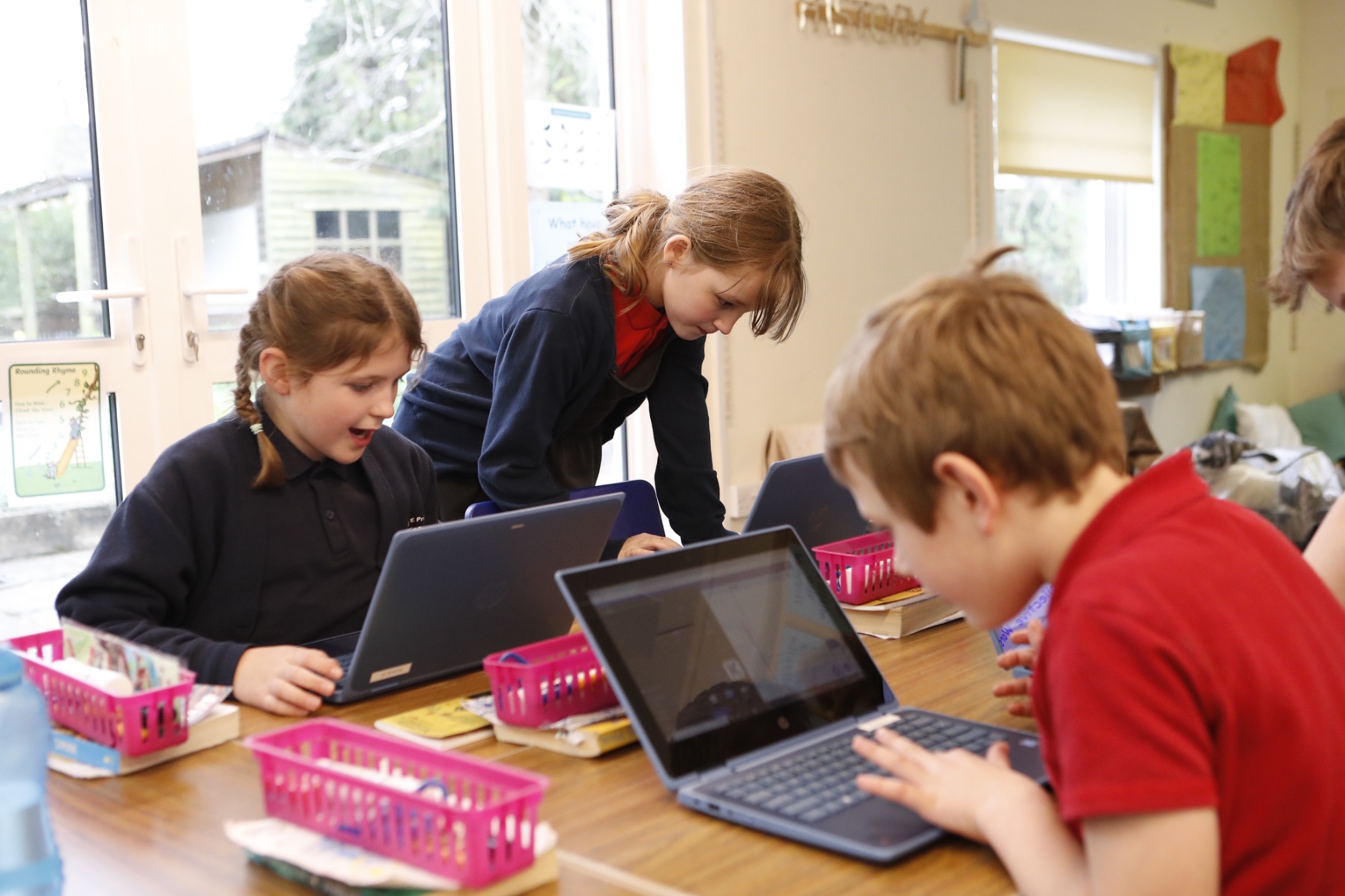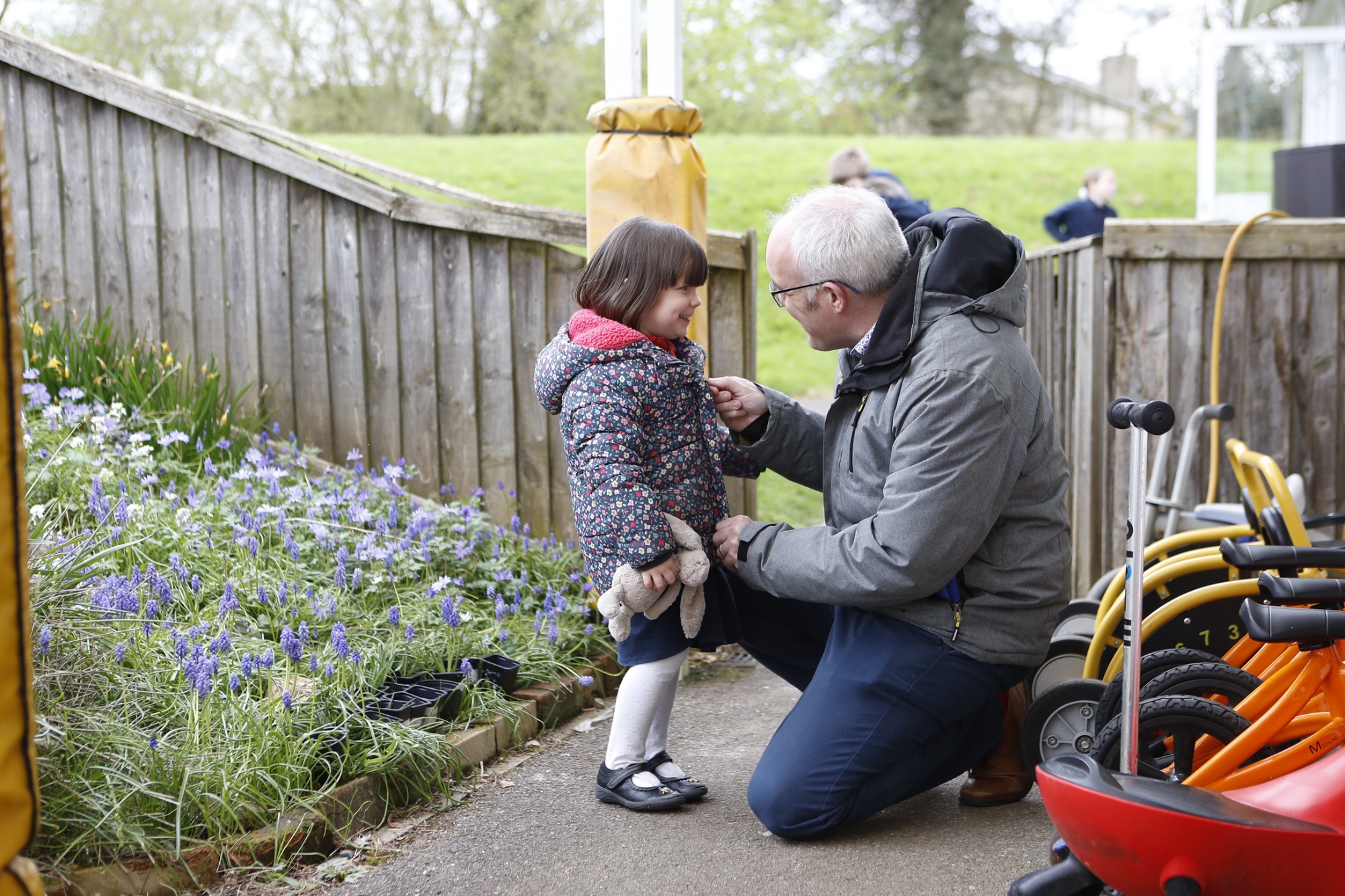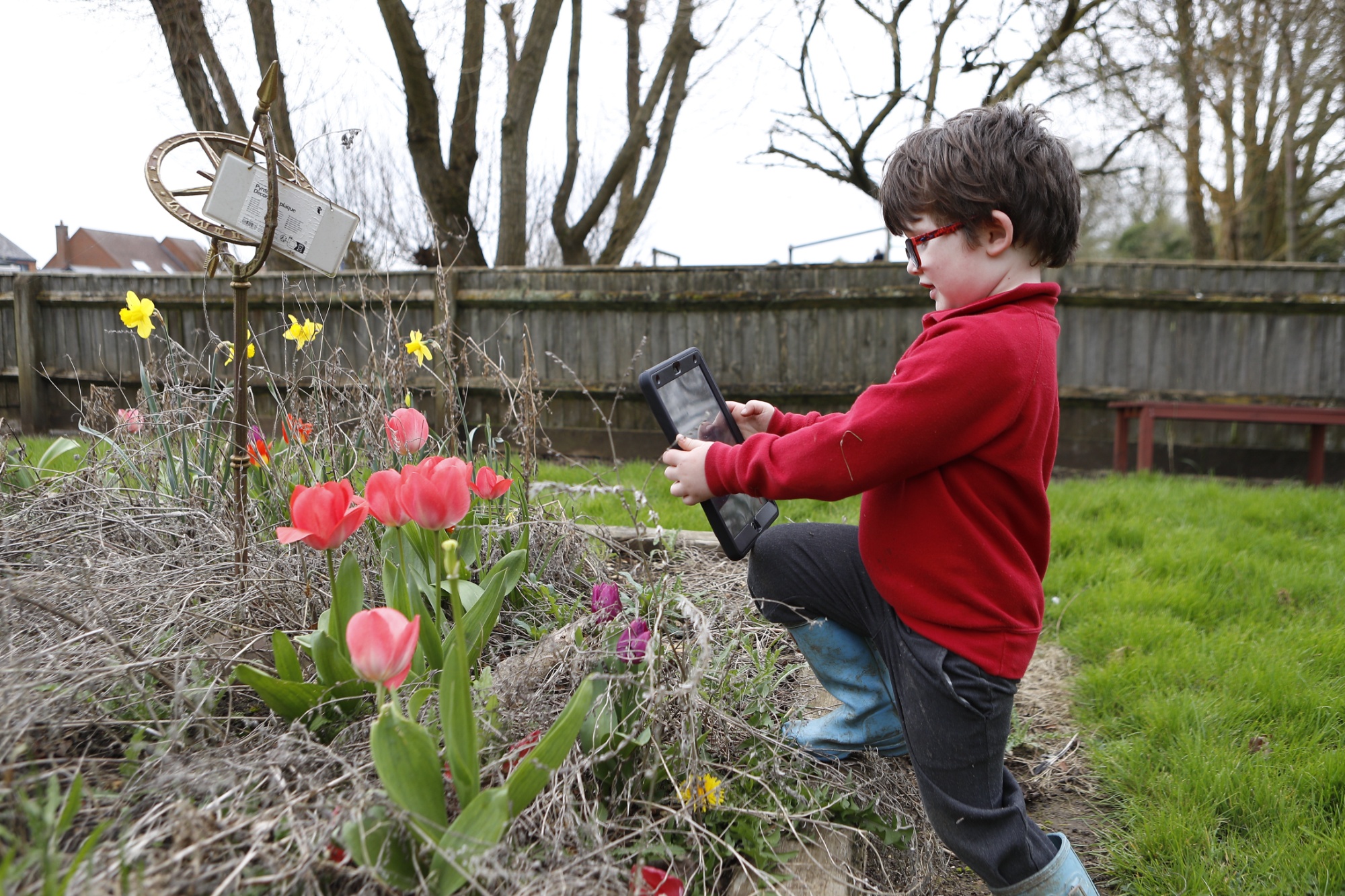Foundation Stage (Preschool and Reception)
Every child deserves the best possible start in life and the support that enables them to fulfil their potential. Children develop quickly in the early years and a child’s experiences between birth and age five have a major impact on their future life chances. A secure, safe and happy childhood is important in its own right. Good parenting and high quality early learning together provide the foundation children need to make the most of their abilities and talents as they grow up.
The Early Years Foundation Stage (EYFS) sets the standards that all early years providers must meet to ensure that children learn and develop well and are kept healthy and safe. It promotes teaching and learning to ensure children’s ‘school readiness’ and gives children the broad range of knowledge and skills that provide the right foundation for good future progress through school and life.
The overarching principles within the EYFS framework are:
- Every child is a unique child, who is constantly learning and can be resilient, capable, confident and self-assured.
- Children learn to be strong and independent through positive relationships.
- Children learn and develop well in enabling environments with teaching and support from adults, who respond to their individual interests and needs and help them to build their learning over time. Children benefit from a strong partnership between practitioners and parents and/or carers.
- Importance of learning and development. Children develop and learn at different rates. The framework covers the education and care of all children in early years provision, including children with special educational needs and disabilities (SEND).
What are the EYFS Areas of Learning?
The EYFS is divided up into seven areas of learning.
- Personal, Social and Emotional Development (PSED)
- Communication and language (C&L)
- Physical development (PD)
- Literacy (L)
- Mathematics (M)
- Understanding the World (UTW)
- Expressive Arts and Design (EAD)
At Finmere Primary School, our Early Years practitioners use their skills and knowledge to plan activities to promote progress in these Areas of Learning. Throughout the day or session, children will have the opportunity to access activities that cover many, if not all of the Areas of Learning.
Characteristics of Effective Learning:
A common misconception that often occurs within EYFS, is that children ‘just play’. However, through our planned play and child led play, children learn many skills and concepts, enabling them to begin to make sense of the world around them. Through our carefully engineered play environment, children are able to use language to express thoughts and feelings in real life and play situations, make choices and decisions and use all their senses to explore, investigate and problem solve. Children are supported to practice their skills, test their theories and build on what they already know.
Learning in the EYFS is underpinned by the 'Characteristics of Effective Learning'. These particular characteristics form the skills, which will set children's approach to learning throughout their learning life.
- Playing and exploring which shows how the child is engaging as they investigate and experience things first hand.
- Active learning which shows how a child is motivated to keep on trying when they encounter difficulties or how they enjoy achievements.
- Creating and thinking critically shows the process of thought behind learning, developing their own ideas and creating strategies for carrying these out.
Adult-led Learning:
Adult-led learning forms key elements of the EYFS, particularly when helping children to develop specific skills. Practitioners differentiate their approach and know when to apply adult-led learning and when children will benefit from a child-led approach. Children, particularly in reception will also engage with some more ‘formal’ learning techniques.
Early Learning Goals:
At the end of the reception year, children are assessed against an Early Learning Goal in each area. They are assessed as ‘emerging’ or ‘expected’ within each area. Schools report this data to their Local Authority, who are looking for the number of children that achieve a ‘good level of development’, also known as GLD. These assessments help the child's new teacher to plan initial activities to support their learning. Having a Good Level of Development is crucial in enabling children's transition to learning within the National Curriculum.
How we deliver the Early Years Foundation Stage
Every child deserves the best possible start in life and the support that enables them to fulfil their potential. Children develop quickly in the early years and a child’s experiences between birth and age five have a major impact on their future life chances.
At Finmere School, in line with current Early Years thinking, we believe, through play, children learn many skills and concepts. We do this by providing a safe and secure learning environment that respects and values the thoughts, ideas and input of every child, enabling children feel confident to take risks in their learning and try new things.
Children are able to practice their skills, test their theories and build on what they already know, by being positively encouraged to follow their own thoughts and ideas. Children who are given the time, space and support to create and be creative, will develop the skills and characteristics needed to become lifelong successful learners.
Please refer to our curriculum on the trust page using the link below.
Curriculum Ambition - Warriner Multi-Academy Trust (warrinermultiacademytrust.co.uk)


